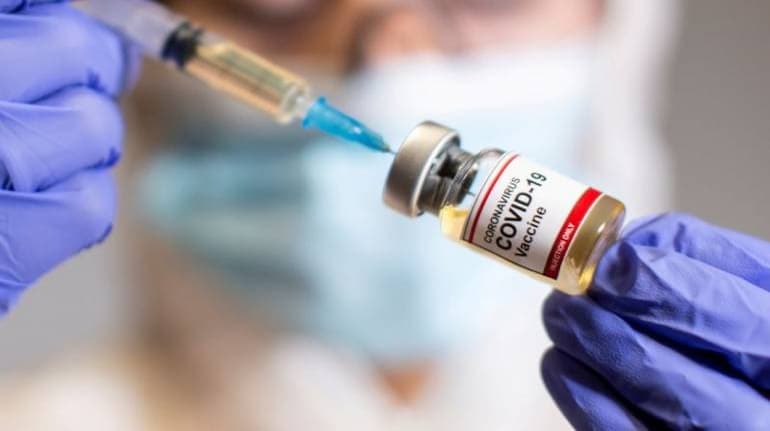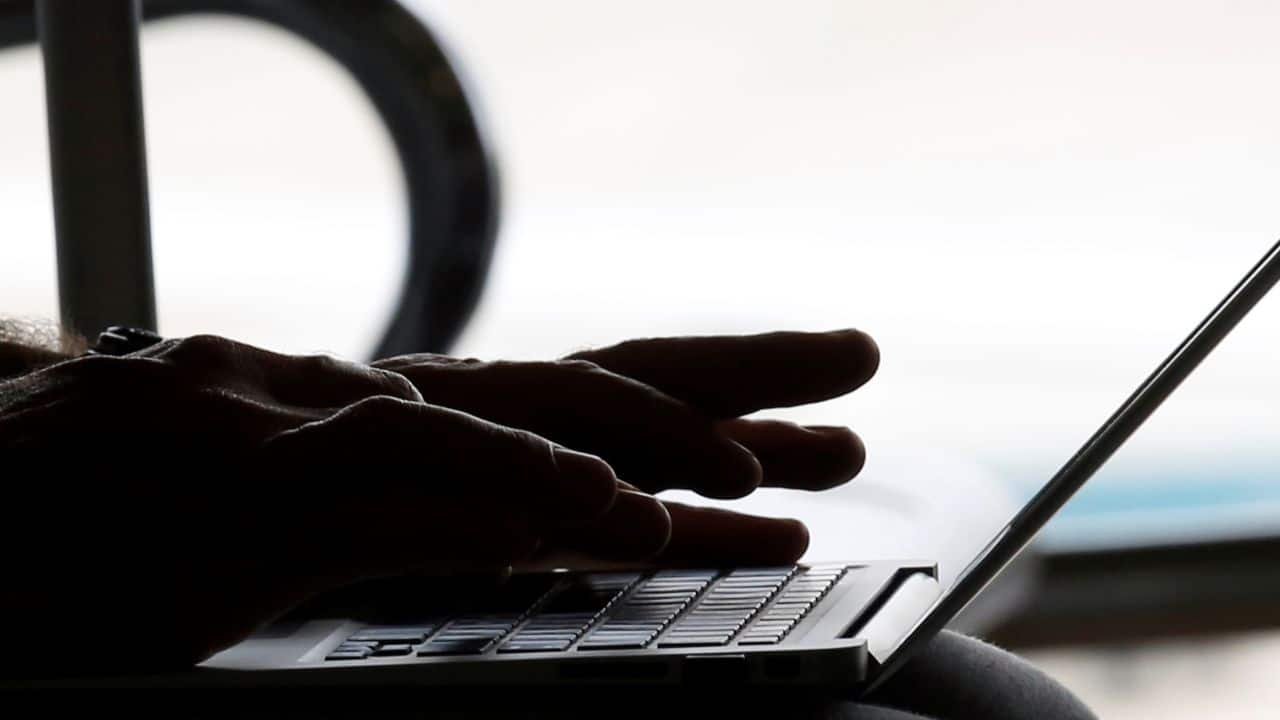COVID-19 vaccine (representative image)
Stating that the COVID-19 vaccination drive will have minimal impact on routine health services, the Union Health Ministry on December 8 released the National Expert Group on Vaccine Administration for COVID-19 (NEGVAC)'s recommendation on priorotised population groups that need to be administered the vaccine first.
According to the recommendation, over 1 crore healthcare providers and workers in healthcare settings of both private and public hospitals will be administered the vaccine.
Follow our LIVE blog here.
In addition, frontline workers including personnel from state and central police, armed forces, home guards, civil defence and disaster management volunteers and municipal workers will be administered a shot when it becomes available.
Prioritised age group, or those who are above 50 years of age, will also be administered the vaccine. According to NEGVAC, there are about 27 crore people in India who fall into that category.
Read: How India’S Ecosystem Is Gearing Up For A Smooth Rollout Of COVID-19 Vaccines
"There are around 2.39 lack vaccinators (Auxiliary Nurse Midwife-ANM) across the country. Only 1.54 lakh ANMs to be used for COVID-19 vaccination," Rajesh Bhushan, Secretary, Health Ministry, said during a media briefing today.
"The current cold chain is capable of storing an additional quantity of COVID-19 vaccine required for first 3 crore health workers and front line workers," he added.
Read: Serum Institute Seeks Emergency Nod For COVID-19 Vaccine Covishield: Here's How Soon Indians Might Get A Shot
The official also said that the process of collecting database of health workers has started across all States and UTs and Central Ministries.
"This data is being uploaded on CO-WIN software. This data will be verified," he said, adding that vaccination cannot be the state's or Centre's responsibility solely but will also require "people's participation".
"Once we get a green signal from our scientists, we'll launch massive production of the vaccine. We've made all the preparations and drawn an outline to ramp up production of vaccine and to make it available to each and every person in shortest possible time," Bhushan said.
Read: Never Spoke About Vaccinating Entire Country, Says Health Secretary Rajesh Bhushan
The statements come a day after reports suggested that the Drug Controller General of India (DCGI) is likely to make a decision on Pfizer Inc and Serum Institute of India's applications for emergency approval for their respective COVID-19 vaccines in another two weeks.
While SII had applied for emergency use authorisation for the Oxford-AstraZeneca COVID-19 vaccine on December 6, a day earlier, the Indian arm of US pharmaceutical giant Pfizer became the first to seek a similar approval from India's drug regulator for its own COVID-19 vaccine in the country, after securing such clearance in the UK and Bahrain.
Hyderabad-based Bharat Biotech also
applied for an emergency use authorisation on December 7.











_2020091018165303jzv.jpg)



























